A new, authentic image of women in the media is just one example of how more can be done for equality in crisis-ridden Iraq. On behalf of BMZ, the Strengthening the Participation of Women in the Rehabilitation and Peace Process in Iraq programme addresses a wide range of aspects, including online courses on digital skills, the promotion of women in sport and psychosocial support for Yazidi women.
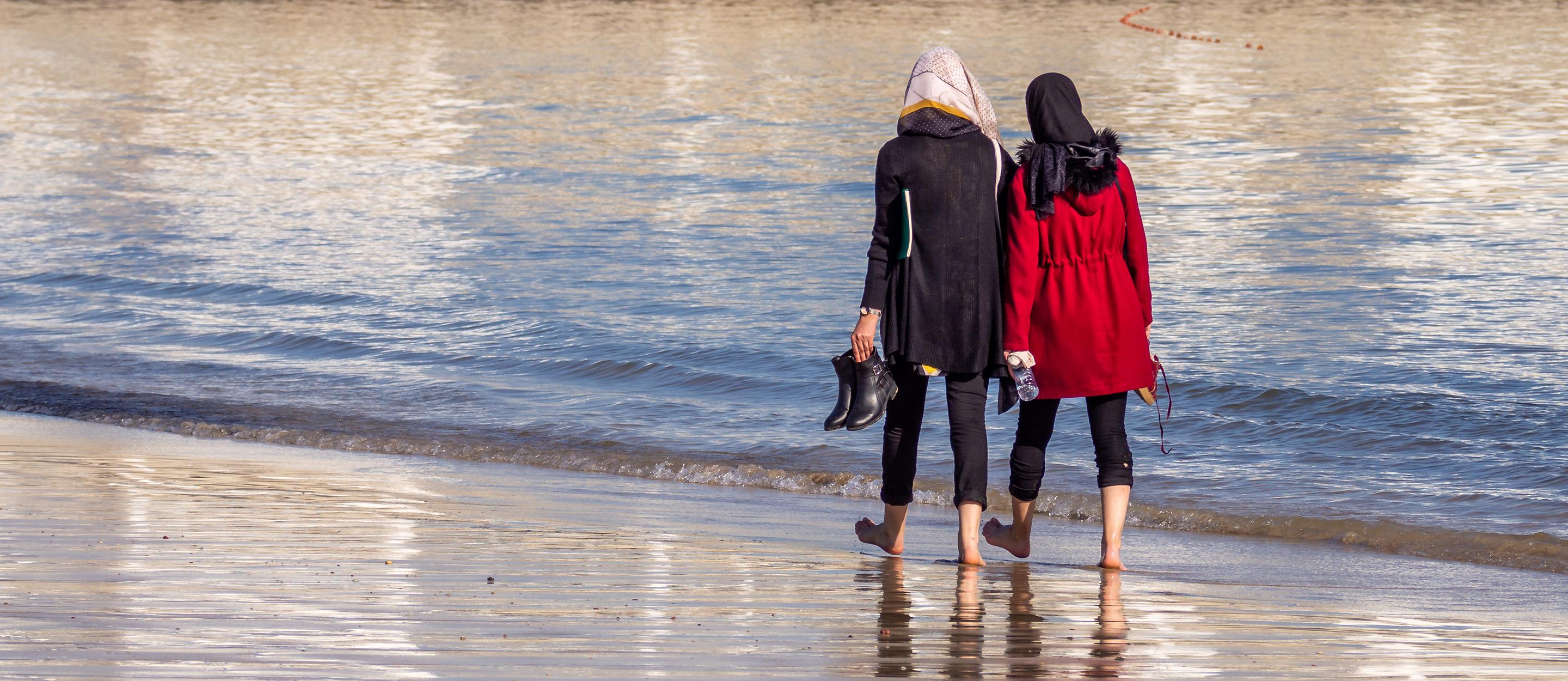 Pierre-Yves Babelon/stock.adobe.com
Pierre-Yves Babelon/stock.adobe.com
Voices of and for women
Women journalists in Iraq speak candidly about what life is like for women in the country.
Mara* was working on something completely different when she had the idea of reporting on traditional roles in Iraq. This is an unusual topic in a country in which patriarchal structures severely limit opportunities for women and girls to live self-determined lives.
Since becoming a journalist ten years ago, Mara has made it her mission to raise awareness about the conditions in which Iraqi women and children live. In doing so, she has had to endure and overcome threats and bullying in a heavily male-dominated field.
The Iraqi media rarely focuses on the struggles and challenges facing women. ‘In Iraq, it’s very difficult to publish stories about women and cover all the details freely,’ says Mara. ‘Most media outlets like to publish success stories about women, but they don’t highlight their suffering.’
So when a friend sent her a link to a special initiative, she didn’t hesitate to apply: the Deutsche Gesellschaft für Internationale Zusammenarbeit (GIZ) GmbH supports journalism in Iraq that breaks down stereotypes targeting or affecting women. The initiative is part of a country-wide programme run on behalf of the German Federal Ministry for Economic Cooperation and Development (BMZ). The aim is to involve Iraqi women equally in the country’s reconstruction and peace process.
For Mara, this means having the freedom to write background reports on topics that the Iraqi media usually ignores. ‘I feel a commitment towards these women and I want to publish their stories,’ she says.
The response was emphatic: ‘Many women contacted me on social media and told me about the pressure to marry against their will and have children. I saw how they were pressured and harassed,’ says the journalist. In Iraq, controversial topics like these are rarely discussed or even acknowledged. And the expectation to marry and have children weighs heavily on some women.
In the course of her research, Mara became aware of one woman in particular. As an activist, Layla* didn’t want to conform and campaigned for the rights of women to reject marriage and pursue their own dreams. ‘She was attacked and insulted,’ recalls Mara.
While researching for an article, she also talked to other women who had been forced to marry against their will and have children. Her work had an impact. A host of professors and PhD students from Iraqi universities contacted Mara to use parts of her article in their own work and research. ‘It reinforced for me how important it is to shed light on previously silenced topics,’ she says.
A role model for women journalists
She now wants to support others in doing the same and be a role model for aspiring women journalists. They should illuminate topics that have been sidelined and brushed over for far too long. ‘Five years ago, journalism was still seen as a very difficult career for Iraqi women. Fortunately, there is more awareness now and the community is beginning to accept us,’ says Mara. The number of women journalists is growing. There are currently no concrete figures relating to this field. However, on the whole there is still a long way to go for women entering careers in Iraq: they make up just 14 per cent of the country’s working population.
Noor*, one of Mara’s colleagues, began her media career in 2011. Over the years, she has managed to turn disapproval of her work into admiration, even in conservative areas in the south of the country. ‘It was very difficult at first, but I wanted to challenge my environment and prove that women can work alongside men in any career,’ she says. With support from friends and family, she persevered and also championed other women pursuing a career in journalism. ‘Now there are three or four other women journalists in my city,’ she says.
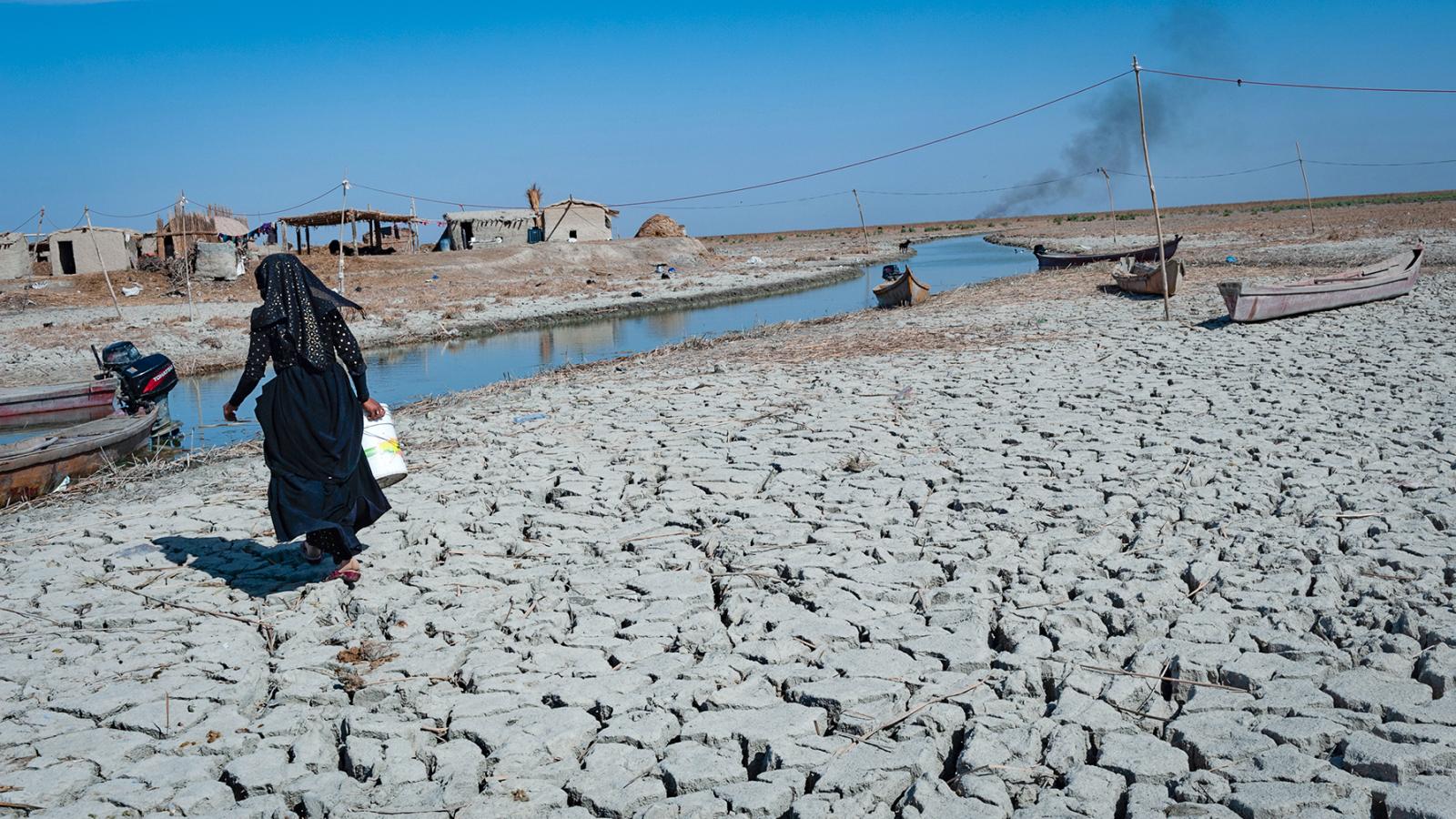 John Wreford/Shutterstock
John Wreford/Shutterstock
An opportunity for independent reporting
A woman colleague brought the project to promote women’s participation in Iraq to Noor’s attention. She immediately seized the opportunity to support independent reporting. ‘All the women journalists in Iraq are friends. We share information and support each other,’ she says. Participating in the project allowed her to research in-depth a story she had long wanted to write – about the life of women in the marshlands of southern Iraq.
‘All the challenges I have faced as a women journalist are nothing compared to the suffering of women who live in the marshes,’ says Noor. ‘One woman I met there wanted to put her newborn baby up for adoption because she simply didn’t have enough money to raise a child.’ Life in Iraq’s marshlands has always been hard, but climate change is drying up the rivers. For generations, people in the region have earned a living from the waters. If these livelihoods are destroyed, people would have to move away, says Noor, explaining the background to her research.
She made a television report on the plight of the women in the marshes. ‘It gave me the opportunity to depict their lives, without the pressure to present the story in a certain way. It inspired me to continue to be a voice for these women.’
* The names of all the women have been changed by the editors.
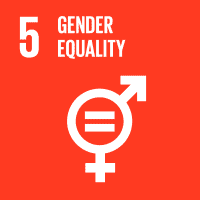
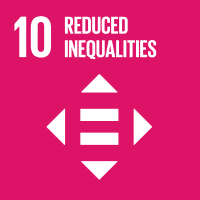
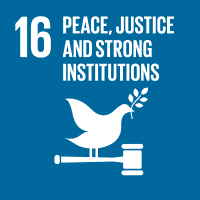
More on the topic: